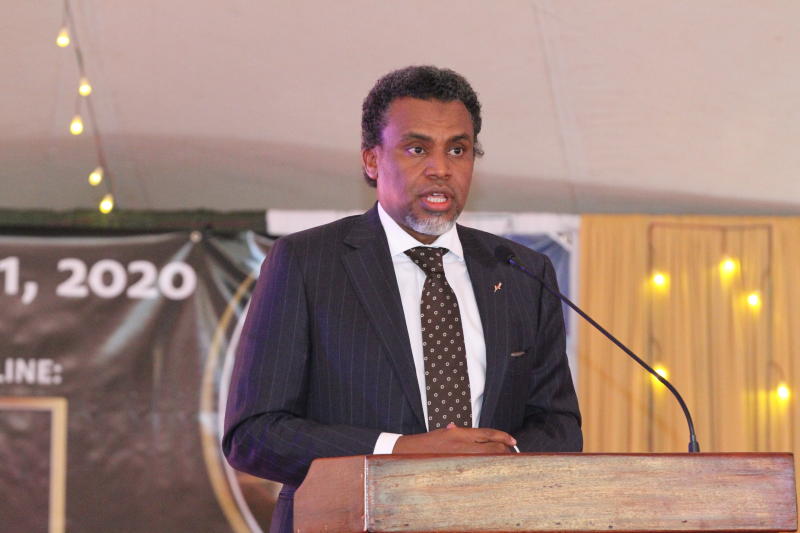×
The Standard e-Paper
Fearless, Trusted News

Director of Public Prosecutions Noordin Haji. [File, Standard]
The Director of Public Prosecutions (DPP) Noordin Haji has outlined some of the challenges his office faces in its quest to execute its mandate in fighting corruption and economic crimes.